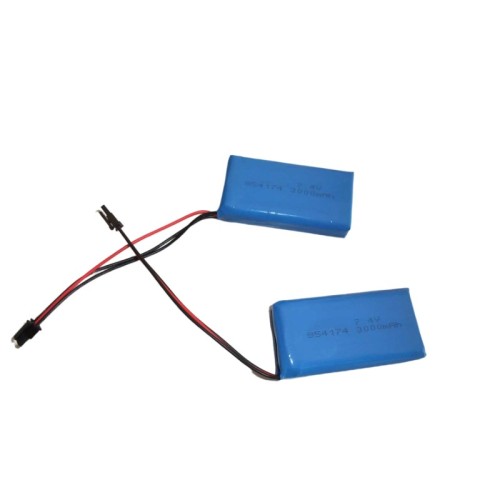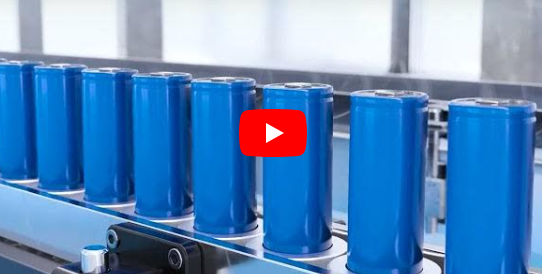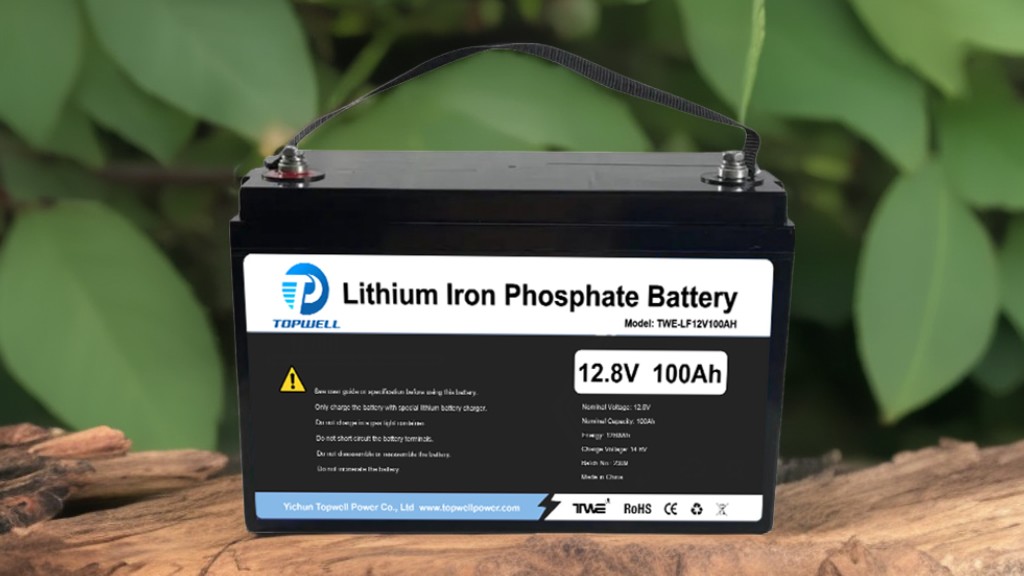Lithium Polymer (LiPo) batteries have become the lifeblood of modern consumer electronics and the backbone of the electric vehicle revolution. Their compact size, lightweight design, and high energy density have made them indispensable in a world that demands high-performance power sources. However, the increasing ubiquity of LiPo batteries also raises concerns about their impact on the environment. In response, the industry is now focused on developing and adopting eco-friendly practices to reduce this impact.In this comprehensive guide, we'll explore the various aspects of LiPo battery sustainability, including their production, disposal, recycling, carbon footprint, and emerging green innovations. We'll also discuss how these developments are shaping a more sustainable future for LiPo battery usage.
The production processes of LiPo batteries have traditionally been linked to environmental concerns, particularly in areas with lax environmental regulations. Fortunately, the industry is taking steps to reduce its ecological footprint. This includes the use of 'green chemistry' principles in manufacturing, which aims to minimize waste and the use of harmful substances.
In addition, manufacturers are increasingly investing in renewable energy sources to power their production facilities. The shift towards solar, wind, and hydroelectric power not only reduces the carbon emissions associated with battery manufacturing but also serves as a model for sustainable energy practices.
Disposal is another area of focus. Improper disposal of LiPo batteries can lead to hazardous chemicals leaching into the environment, affecting soil and groundwater. To combat this, many battery manufacturers are implementing take-back programs, designed to safely collect and dispose of old or damaged LiPo batteries in accordance with strict environmental guidelines.

The value of LiPo batteries extends beyond their initial use. The recycling and repurposing of LiPo batteries provide a two-fold benefit: reducing demand for raw materials and preventing environmental harm.
Recycling LiPo batteries involves collecting and processing them to recover valuable materials like lithium, cobalt, nickel, and copper, which can be reused to make new batteries. This closed-loop approach significantly reduces the environmental impact of battery production.
Repurposing, on the other hand, involves giving old batteries a new lease on life by using them in a secondary application, such as energy storage for solar panels or as backup power sources. This not only functions as an effective form of recycling but also helps offset the need for new battery production.
Assessing the carbon footprint of LiPo batteries is critical in understanding their overall environmental impact. From the mining of raw materials to the assembly of battery cells, and finally their transportation and use, each phase of a battery's life cycle contributes to carbon emissions.
The growing trend among LiPo battery manufacturers is to conduct life cycle assessments (LCAs) to measure and reduce the carbon footprint of their products. This involves identifying key areas of environmental impact and implementing measures to mitigate them, such as improving production efficiency, optimizing supply chain logistics, and developing more energy-efficient battery chemistries.
The future of LiPo batteries is moving towards innovative designs that are not just less harmful to the environment, but actively contribute to sustainability.
One such development is the concept of biodegradable batteries. Scientists and engineers are exploring materials and chemistries that break down naturally over time, offering a safer alternative to traditional LiPo batteries. While still in the early stages of research, biodegradable batteries hold the promise of a true 'green' energy solution.
Another area of innovation is the production of LiPo batteries using environmentally friendly solvents and electrolytes. By replacing toxic chemicals with benign alternatives, these batteries pose a reduced risk to the environment and human health.
Consumers also play a pivotal role in the sustainability of LiPo batteries. By making conscious choices in how we use, maintain, and dispose of these batteries, we can collectively reduce their environmental impact.
Simple practices like reducing energy waste, optimizing battery charging and discharging cycles, and always using safe disposal methods contribute to a more sustainable battery ecosystem.
In conclusion, while LiPo batteries have undeniably transformed our technological landscape, they come with a responsibility to ensure their impact on the environment is as minimal as possible. From production to disposal, and through recycling and innovation, the LiPo battery industry is evolving to meet the challenge of sustainability head-on. By staying informed and engaged, we can all be part of the solution, ensuring that the power we wield is not just impactful, but also eco-friendly.
 LiPo Batteries and Sustainability: Navigating Environmental Impact
LiPo Batteries and Sustainability: Navigating Environmental Impact
 From Concept to Market: The Manufacturing Process of LiPo (Lithium Polymer) Batteries
From Concept to Market: The Manufacturing Process of LiPo (Lithium Polymer) Batteries
 Exploring the Advantages and Applications of Lithium Iron Phosphate Batteries
Exploring the Advantages and Applications of Lithium Iron Phosphate Batteries
 Innovation in Portable Power: The Advantages of 7.4V 3000mAh LiPo Batteries
Innovation in Portable Power: The Advantages of 7.4V 3000mAh LiPo Batteries